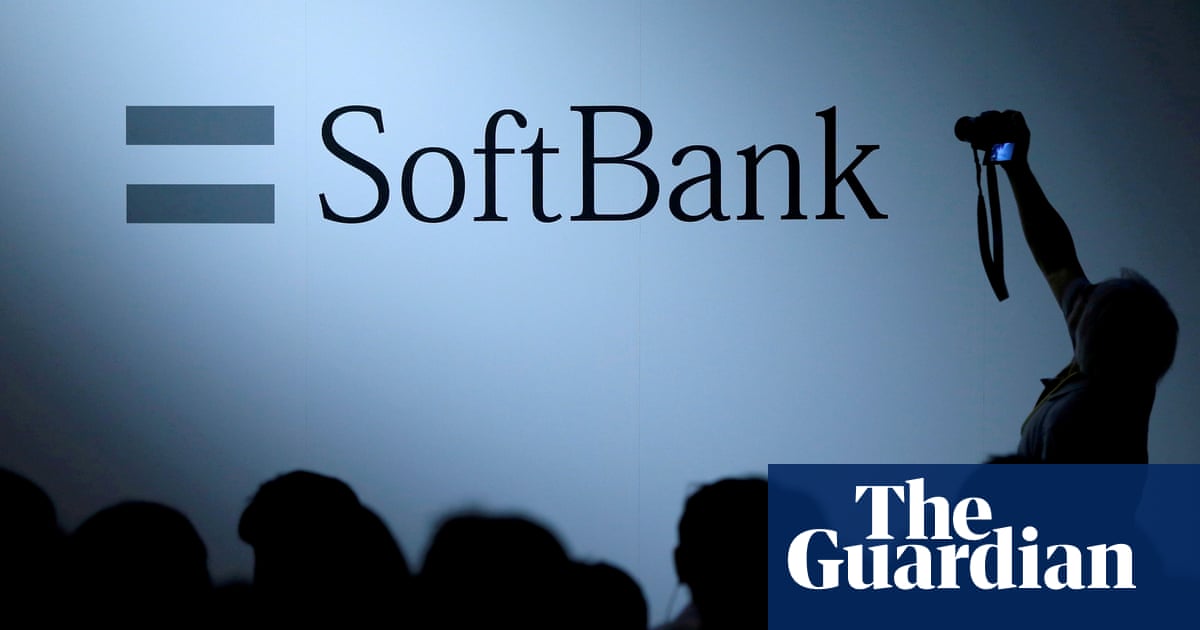OpenAI Secures Up to $40 Billion Investment from SoftBank

OpenAI’s Historic Funding Round and Future Aspirations
Significant Investment from SoftBank
OpenAI recently announced it has successfully secured a remarkable $40 billion in a funding round that values the company at an astonishing $300 billion. This investment is recognized as one of the biggest capital-raising efforts ever for a startup. The partnership with the renowned Japanese investment firm SoftBank is aimed at pushing the limits of artificial intelligence research, propelling the company closer to its goal of developing Artificial General Intelligence (AGI). OpenAI emphasizes that this substantial funding will enable it to access the massive computing power essential for this ambitious goal.
SoftBank’s Commitment
In this collaborative endeavor, SoftBank has committed an initial investment of $10 billion into OpenAI, with an additional potential investment of $30 billion by the end of 2025, contingent upon meeting specific conditions. SoftBank shares OpenAI’s vision of advancing technology to create Artificial Super Intelligence (ASI), which is intended to exceed human cognitive abilities. Given OpenAI’s close alignment with these goals, SoftBank sees them as a key partner in achieving these groundbreaking advancements.
OpenAI’s Shift Toward Open Models
On the same day as the funding announcement, OpenAI revealed plans to develop a more accessible generative AI model. This move aims to address the growing competition from open-source initiatives such as DeepSeek and Meta. OpenAI previously embraced a strategy focusing on closed, proprietary models. However, the company’s CEO, Sam Altman, indicated that there has been a long-standing contemplation about shifting this approach, particularly in light of the evolving landscape of AI development.
The Debate Over Open vs. Closed Models
The discussion surrounding open versus closed AI models is prominent in the tech world. OpenAI, along with other proponents of closed models such as Google, has previously raised concerns about the risks associated with open models. These risks include potential misuse and vulnerability to malicious activities by various users and governments. The reluctance of large companies and governmental bodies to engage with AI models that lack controllability—especially in terms of data security—further complicates this discourse.
Several companies have opted to offer open-source models, with Meta and DeepSeek leading the way. Meta’s CEO, Mark Zuckerberg, announced that their Llama model had reached a remarkable milestone of one billion downloads, while DeepSeek’s R1 model has generated significant interest in the AI community due to its affordability and capability.
Enhanced User Interaction and Rapid Growth
OpenAI has recently capitalized on the success of its new image generation features in ChatGPT, which attracted one million users in just one hour. This impressive growth overwhelmed OpenAI’s graphics processing units, illustrating the rapid demand for advanced AI capabilities. Altman acknowledged that the swift uptake of these features demonstrates the potential for growth in the company’s user base and the broader implications for the AI market.
Pointers from Industry Leaders
Elon Musk, a former investor in OpenAI, has publicly urged the organization to return to its roots by fostering an open-source and safety-focused approach. His call highlights a broader concern in the industry regarding the balance between innovation and ethical considerations in AI development.
The Changing Landscape of AI Technology
As OpenAI embarks on this new chapter following its substantial funding, the discussions around access, security, and the ethical implications of AI models will continue to shape its trajectory. The outcomes of these strategic advancements and the partnerships formed could redefine the boundaries of what AI technology can achieve in the coming years.






